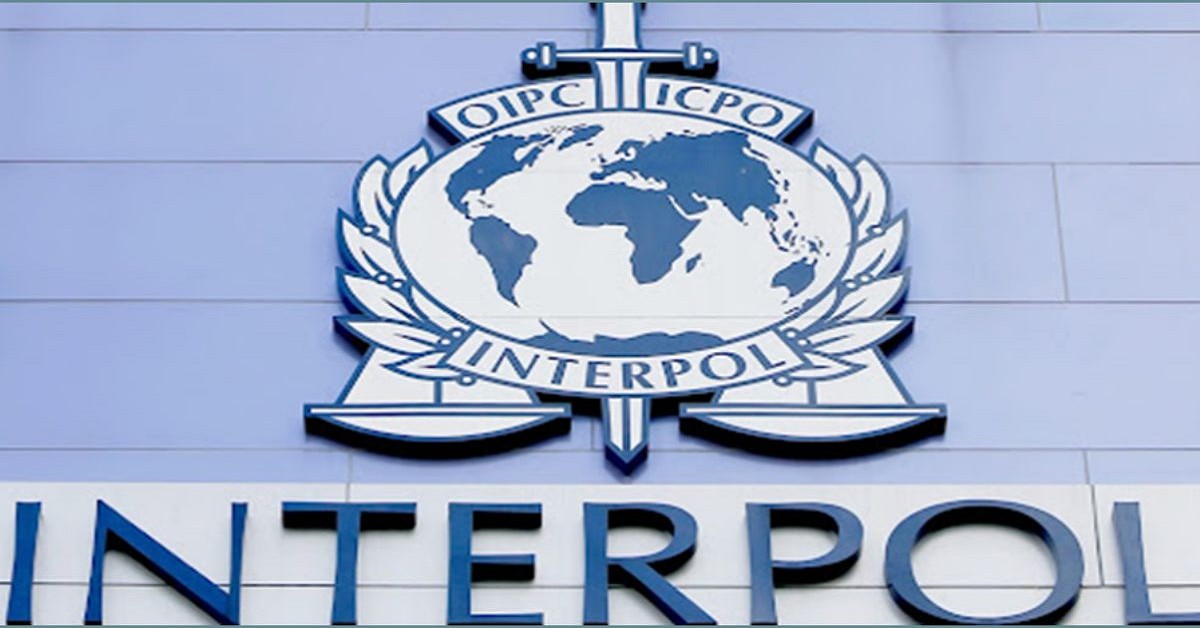
Choosing the Right Lawyer for Money Laundering Defense
If you find yourself facing money laundering charges, seeking lawyer for money laundering defense legal help with financial crime charges becomes imperative. Money laundering, a complex crime with serious legal repercussions, can leave individuals feeling overwhelmed and anxious about their situation. Having an experienced lawyer by your side is essential to navigate the intricacies of the legal system.
Understanding Money Laundering
Money laundering refers to the process of making illegally obtained money appear legitimate. Typically, this involves three stages: placement, layering, and integration. In the placement stage, illicit money is introduced into the financial system, often through banks or other businesses. The layering phase entails distancing the money from its illegal origins through various transactions, while the integration stage involves reintroducing the now clean money into the economy.
The Importance of Legal Representation
When facing money laundering charges, the stakes are high. Convictions can lead to severe consequences, including hefty fines and lengthy prison sentences. A competent lawyer specialized in financial crimes can mean the difference between a favorable outcome and a devastating one. They understand the nuances of financial legislation and possess the legal expertise necessary to mount a comprehensive defense.
Key Qualities to Look for in a Money Laundering Defense Lawyer
1. Experience in Financial Crimes
It is crucial to select a lawyer who has a proven track record in defending clients against financial crime allegations, specifically money laundering. Their experience ensures they are familiar with the strategies used by prosecutors and can anticipate potential outcomes based on the specifics of your case.
2. Strong Analytical Skills
Money laundering cases often involve intricate financial details and complex documentation. A lawyer should possess strong analytical skills and be able to scrutinize financial records meticulously. This attention to detail can uncover evidence that may aid your defense.
3. Ability to Develop a Tailored Defense Strategy
No two cases are the same. Your lawyer should be capable of developing a defense strategy tailored to your unique circumstances. This involves gathering evidence, interviewing witnesses, and potentially negotiating plea deals if necessary.

4. Communication and Support
Effective communication is vital during legal proceedings. Your lawyer should be approachable and willing to explain legal concepts and procedures in a way that is easy to understand. They should keep you informed about your case’s progress and be available to answer your questions and concerns.
5. Reputation and Reviews
Researching potential lawyers’ reputations can provide insight into their reliability and success rate. Seek testimonials and reviews from previous clients and check for any disciplinary actions against them. Professional accolades and memberships in relevant legal associations can also indicate a lawyer’s credibility.
The Initial Consultation
Once you have shortlisted candidates for representation, the initial consultation is a critical step. Most lawyers offer free initial consultations to assess the case and discuss potential defense strategies. During this meeting, evaluate whether you feel comfortable with the lawyer and confident in their capabilities. Ask about their experience with similar cases and their proposed approach to your defense.
Costs Associated with Hiring a Lawyer
Understanding the costs involved with hiring a lawyer is essential. Some lawyers charge by the hour, while others may offer a flat fee arrangement. Clarify the billing structure during your initial consultation to ensure you can budget accordingly. Remember that hiring a knowledgeable lawyer can save you money in the long run, particularly when it comes to penalties or fines associated with a conviction.
Preparing for Your Defense
Once you hire a lawyer, their first task will be to gather relevant evidence and documentation. You will need to cooperate fully during this process. Be honest and transparent about the details of your case, including any prior knowledge or involvement you had with the circumstances leading to the charges. This information will aid your lawyer in developing a robust defense strategy.
Possible Defense Strategies
Some common defense strategies employed in money laundering cases include:
- Lack of Knowledge: Demonstrating that you were unaware of the illegal origins of the money.
- Improper Prosecution: Challenging the methods used to obtain evidence against you, claiming violations of your rights during investigation or arrest.
- Legitimate Source: Providing evidence that the funds in question were obtained through legal means.
Possible Outcomes
Depending on the case’s circumstances, the possible outcomes can vary significantly. If successful, a case can lead to either a dismissal of charges or a not-guilty verdict. However, if convicted, it can result in severe penalties such as imprisonment, fines, or both. Comprehensive legal defense can help mitigate punishment and potentially lead to rehabilitation options rather than prison time.
Conclusion
Facing money laundering charges is a daunting experience, but having the right lawyer on your side can significantly impact the outcome of your case. By understanding the complexities of money laundering, recognizing the essential qualities in a defense lawyer, and preparing adequately for your defense, you will be better positioned to navigate this challenging legal battle. Seek experienced legal counsel, remain proactive, and take control of your situation with confidence.